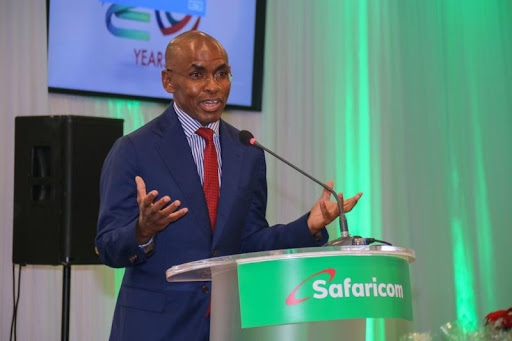In recent weeks, reports of killings and related violent crimes by the ‘Confirm’ group has been in the news. To deal with the group, Interior Cabinet Secretary Dr Fred Matiang’i, on June 29, announced changes in Senior police officers in Nakuru County.
Furthermore, the DCI summoned Nakuru Town East MP David Gikaria, his Nakuru Town West counterpart Samuel Arama and Bahati lawmaker Kimani Ngunjiri over rising insecurity in the county.
Unfortunately, these knee-jerk reactions will not solve the problem of criminal gangs in Nakuru and the entire country. We have been here before. In March 2000, the government, through a gazette notice, outlawed 24 gangs operating across the country.
The government, in September 2010, enacted the Prevention of Organised Crimes Act (2010) to address organised crime. A month later, the Minister for Internal Security outlawed 33 gangs. Ironically, some of the groups banned in 2000, such as Sungu Sungu, Chinkororo and Taliban, were again outlawed a decade later.
As late as January 2019, Dr Matiang’i ordered security operations in Mombasa and Kwale counties to “flush out criminals”. This was in reference to gangs including Wakali Wao, Watalia, Gaza and Wakali Kwanza, among others.
Nevertheless, the groups banned are just a fraction of the reality. According to research by Centre for Human Rights and Policy Studies, every region in the country has several local gangs that operate with impunity.
As a result of few economic opportunities, some of the youth, it is argued, form gangs that operate in the informal settlements providing security and other social services for a fee. They also engage in criminal activities and extortion.
I first encountered the ‘Confirm’ gang in 2018, when it was largely engaged in mobile money fraud. The declined economy and loss of jobs and livelihood were cited as reasons for the group’s existence.
In 2022, ‘Confirm’ has mutated to smaller units such as Uvumbo, Matharee, Kosovo, Wazebedee, India and Mbogigenje, among others, which poses a second challenge to police in dealing with them.
The dalliance between the groups and politicians, who routinely recruit youth gangs to intimidate opponents during elections, is also worrying. It is a trend that has continued to date and in every successive election since 1992. The Waki report concluded that criminal groups and politicians had continued to use violence with impunity since no one was held accountable for it.
What needs to be done? There is a need for the government to holistically make long-term interventions that address political, social and economic conditions that drive people to criminal groups. If sustainable, some of the initiatives, such as the National Youth Service, could have long-term impacts.
Research done by CHRIPS showed that the NYS community cohorts project in Mathare and Kibera reduced crime rates, prevented/deterred youth from engaging in law-breaking, reformed young men and women, and improved youth-police relationships.
There is a dire need to improve the violent contexts where young people are located. Most criminal gangs like ‘Confirm’ are in neighbourhoods where they face everyday violence of poverty, exclusion, police brutality and humiliation.
Essential services such as water and sewage, electricity, and security are absent in these areas. These living conditions are difficult, and people are forced to engage in work primarily considered illegal, like selling chang’aa and stolen goods.
In their context, this is the only means for them to survive. Improving these conditions and offering an environment where essential services and decent work are guaranteed will enable the youth to build their social and economic lives.
Lastly, is to deal with impunity. Successfully prosecute politicians who have recruited gangs of youth to engage in violence.
Research fellow at the Centre for Human Rights and Policy Studies
“WATCH: The latest videos from the Star”






